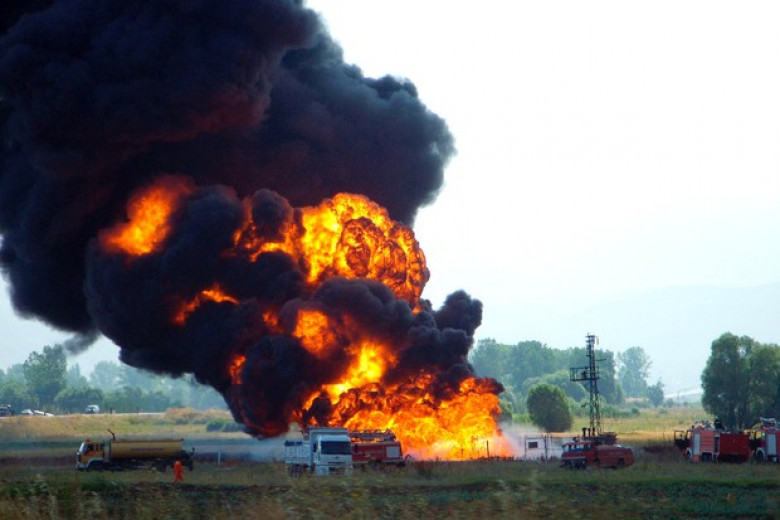Hack said to cause fiery pipeline blast could rewrite history of cyberwar
The pipeline was outfitted with sensors and cameras to monitor every step of its 1,099 miles from the Caspian Sea to the Mediterranean. The blast that blew it out of commission didn’t trigger a single distress signal.
That was bewildering, as was the cameras’ failure to capture the combustion in eastern Turkey. But investigators shared their findings within a tight circle. The Turkish government publicly blamed a malfunction, Kurdish separatists claimed credit and BP Plc (BP/) had the line running again in three weeks. The explosion that lit up the night sky over Refahiye, a town known for its honey farms, seemed to be forgotten.
It wasn’t. For western intelligence agencies, the blowout was a watershed event. Hackers had shut down alarms, cut off communications and super-pressurized the crude oil in the line, according to four people familiar with the incident who asked not to be identified because details of the investigation are confidential. The main weapon at valve station 30 on Aug. 5, 2008, was a keyboard.










































































